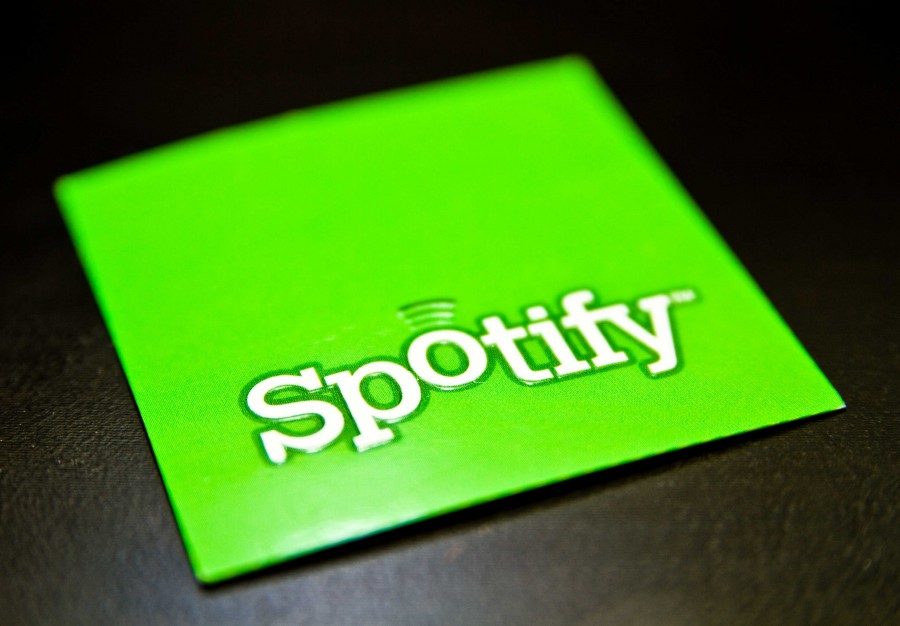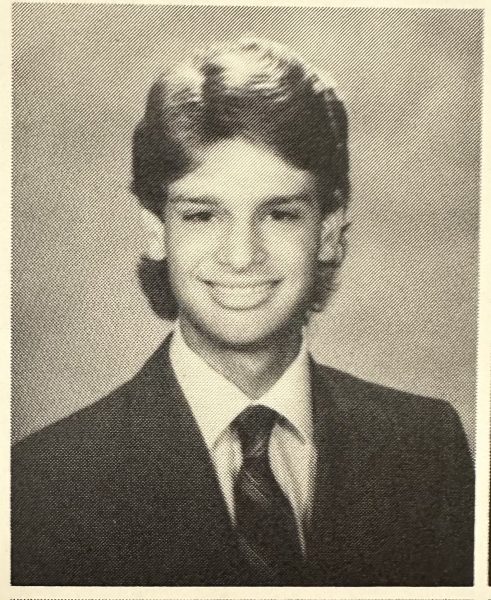In defense of Spotify
March 2, 2015
There is a camp of people that rush to decry Spotify as ruinous to music’s integrity. They create their stronghold of aural snobbery, building up walls of Crosley record players and their parents’ vinyl. What these so-called “musical purists” fail to realize is that by refusing to enjoy Spotify, they surround music with an ugly cloud of elitism based in economic and geographic inequality.
“Authentic” music (vinyl, CDs, and iTunes downloads) costs an obscene amount of money when you consider how many free options exist. Take The 1975’s eponymous album as an example: the vinyl version costs $29.98 and the iTunes download costs $17.99. Why would you pay so much money for this album when you could listen to all 39 songs for free on Spotify?
This is an issue that goes beyond where high school students spend their allowance. If someone who is struggling financially is told that they aren’t true fans of a band because they can’t afford to own the vinyl or the CD, they’ll feel excluded from that musical community. Music should be a way for people to escape the problems that plague them on a daily basis, not something that necessitates payment. Spotify is a free, easy and unpretentious way to enjoy music, without shelling out a fortune.
Some argue that Spotify’s quality is terrible compared to that of a CD or an iTunes download. That is a weak excuse that music snobs use to bash the music streaming service. The application’s quality, while different from the sound you get from a record player or a CD, is comparable to the quality of the music that you spend a lot of money on. Considering that Spotify is mostly free, the quality is excellent.
Others try to put the spotlight on the money Spotify allegedly takes away from artists. According to an article Rolling Stone published in Aug. 2012, musicians don’t obtain the majority of their revenue by selling recorded albums; tours and advertising are their main sources of income.
However, it isn’t just superior economically, but geographically as well.
Because you attend Lyons Township High School, you are #blessed enough to live close to the bustling metropolis of Chicago. We are a mere train ride or freeway away from countless record stores, neighborhood music shops and incredible venues of all sizes. You have access to a veritable Mecca of music. If you live in rural North Dakota, 20 miles away from the nearest grocery store, you aren’t going to be able to get your hands on all the vinyl and CDs you want. As long as you have the internet, Spotify allows you to access an unimaginable amount of music, even if you live in the boonies.
Spotify isn’t destroying music but expanding its limits. Anything that makes music more accessible to anyone with a Wi-Fi connection is good enough for me, and good enough for all the stuck up hipsters in your local Urban Outfitters.





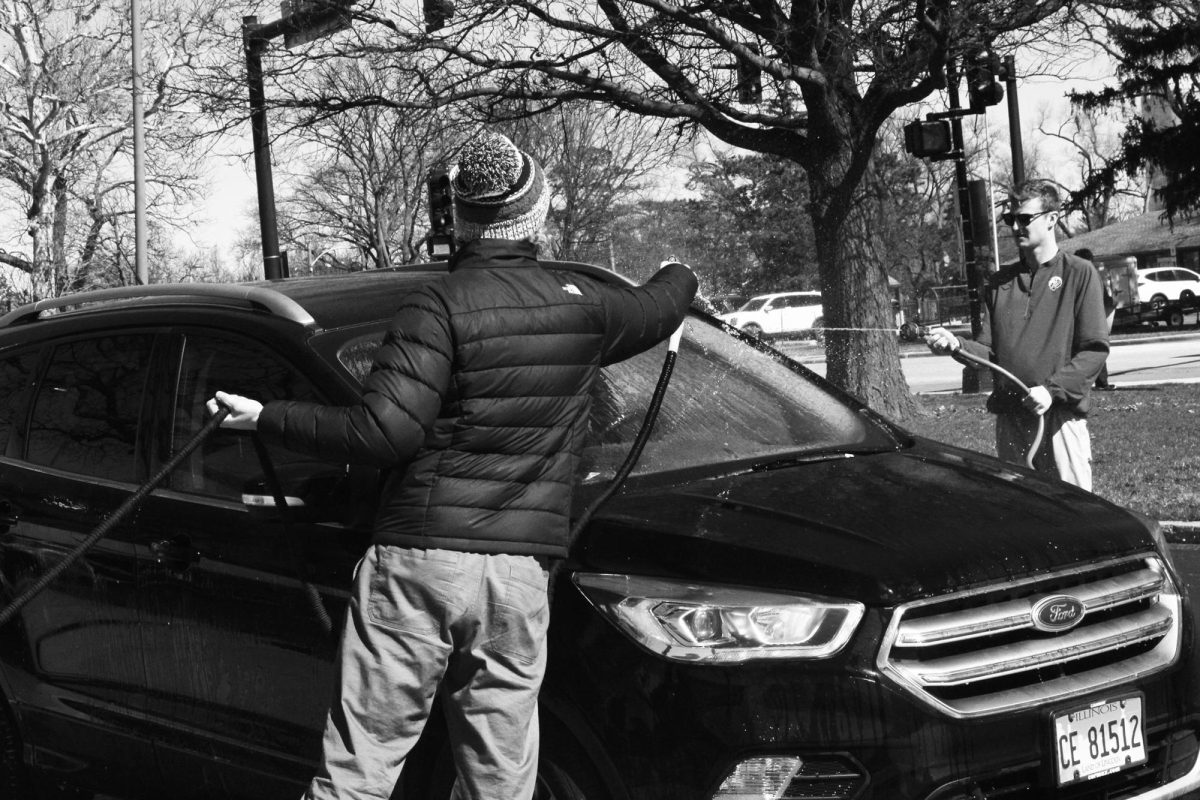







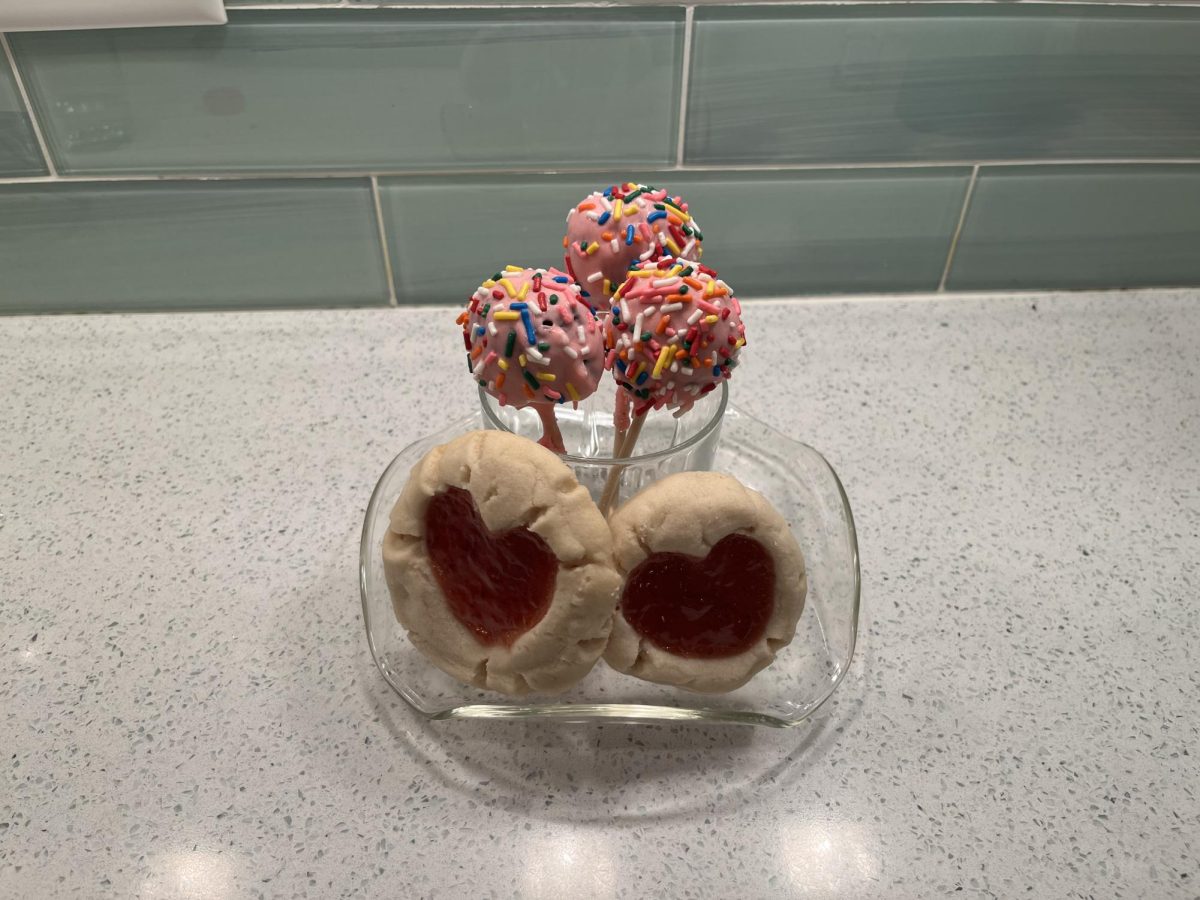
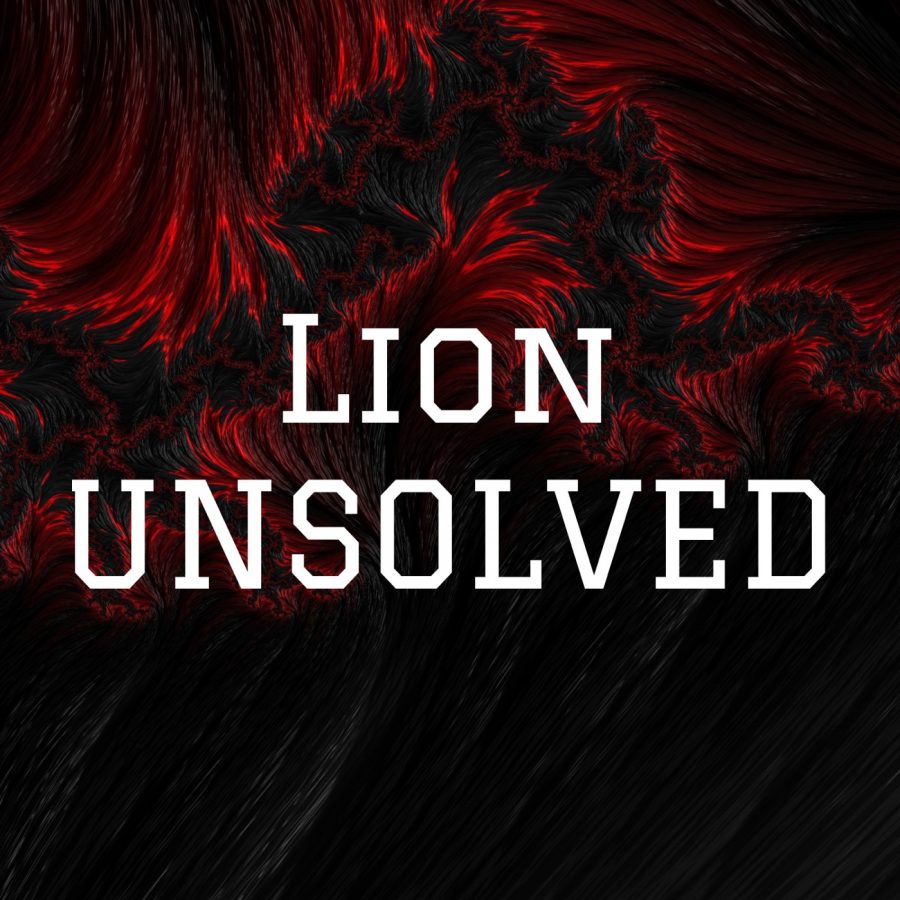



![Movie poster for [Rec] (2007).](https://www.lionnewspaper.com/wp-content/uploads/2023/04/rec-640x900.jpg)

